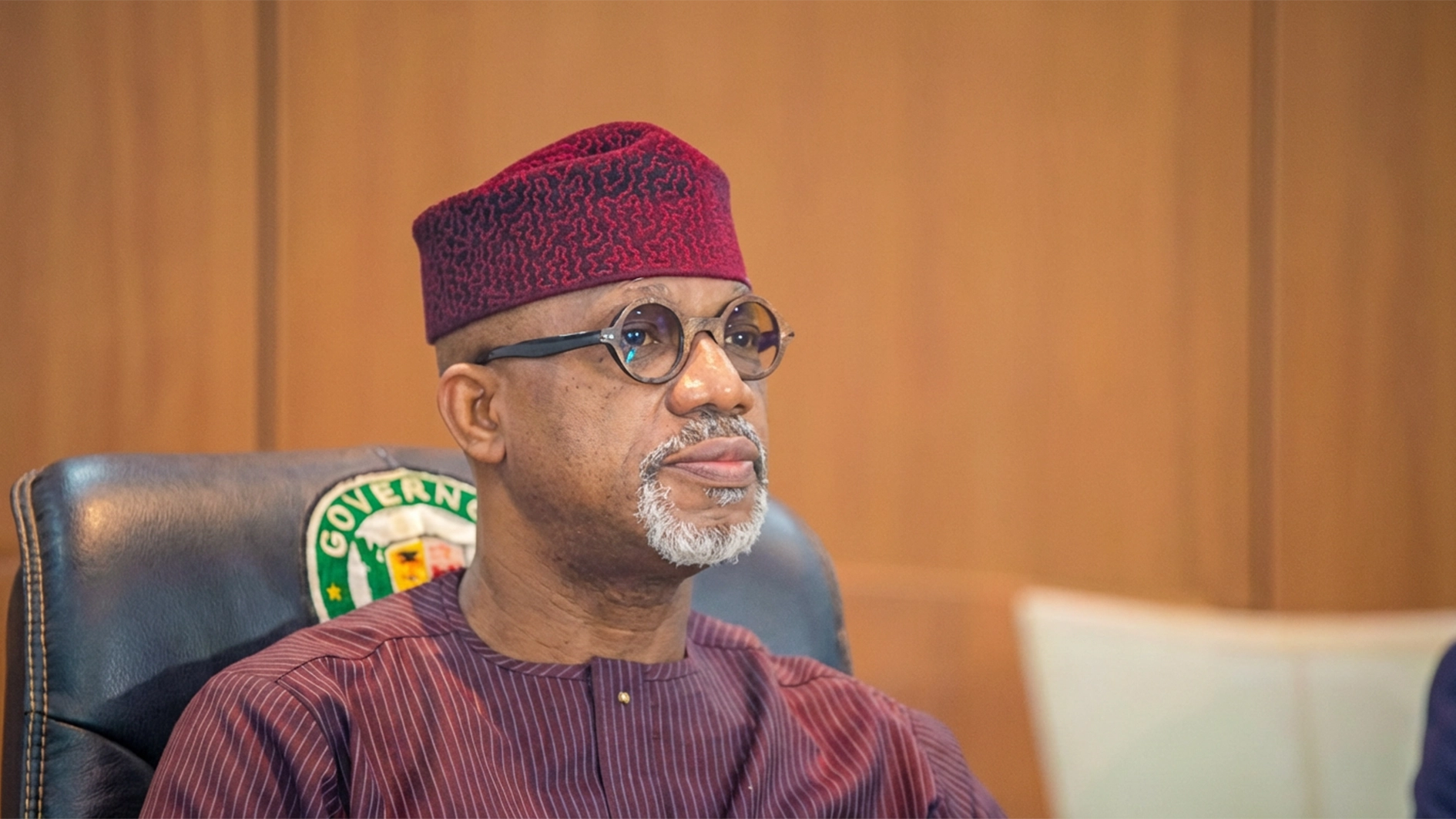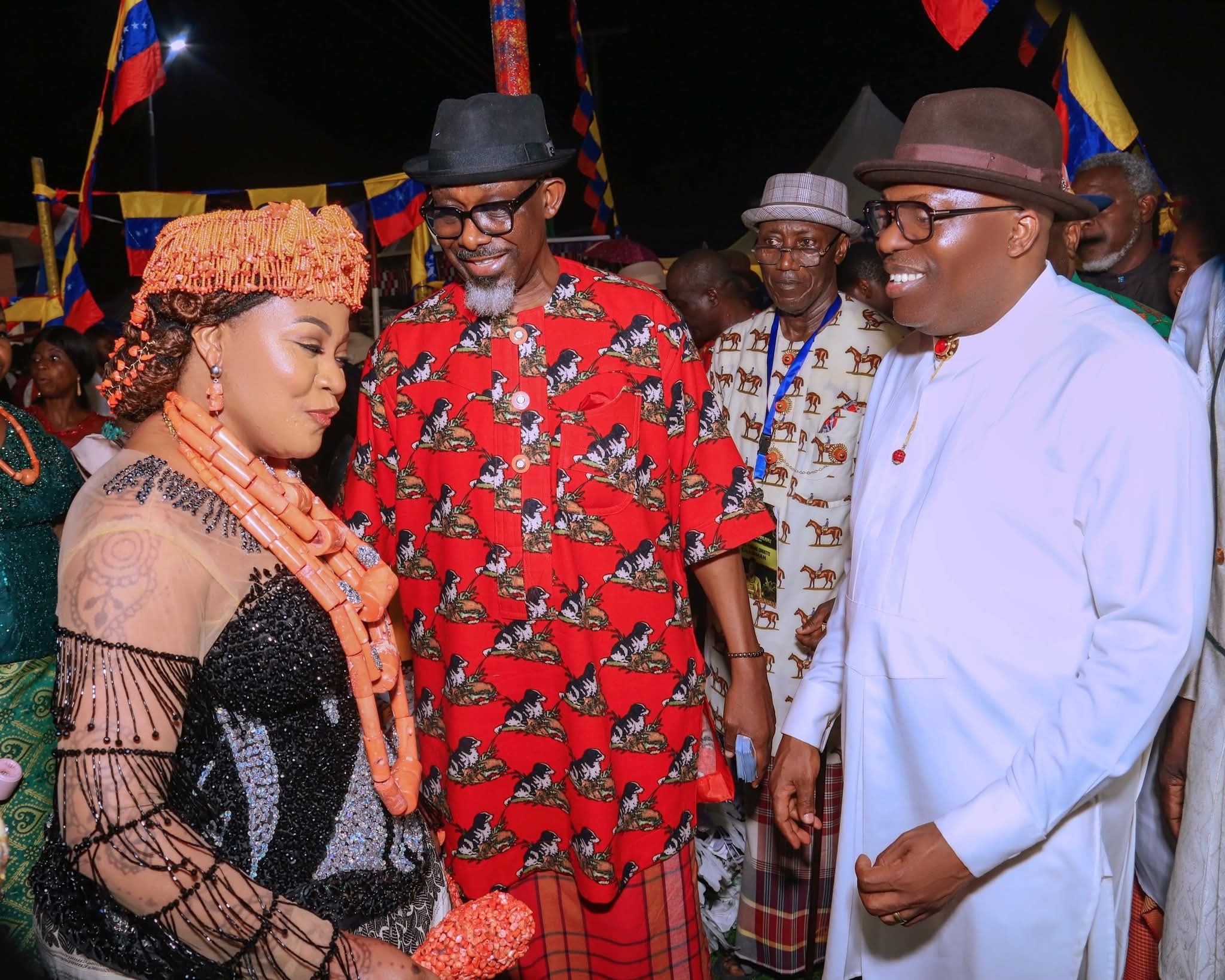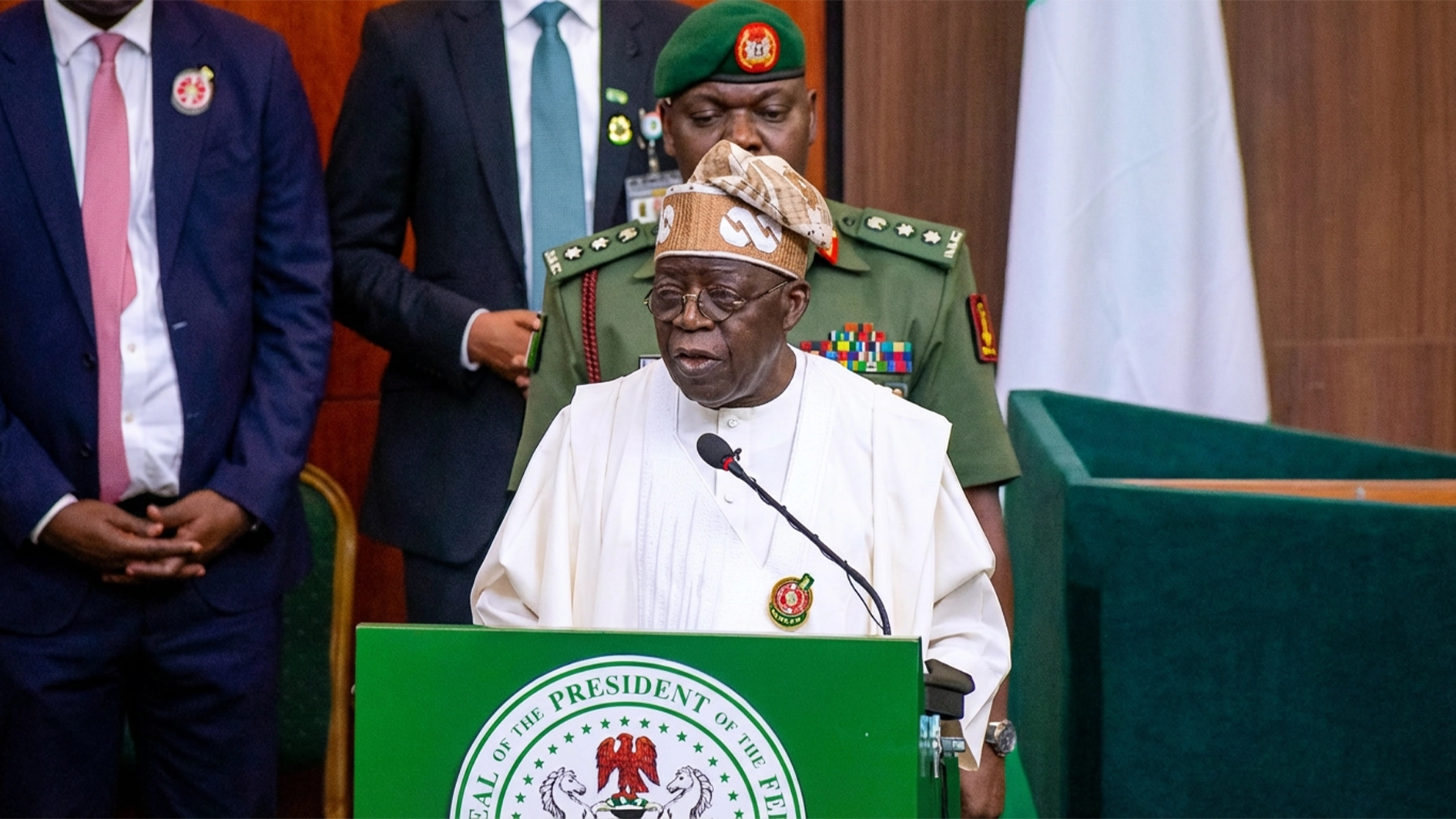
A Federal High Court in Abuja on Monday again stopped the Independent National Electoral Commission (INEC) from releasing the voters’ register to the Rivers State Independent Electoral Commission (RSIEC) for the purpose of conducting the October 5, 2024, local government election in the state.
The court also barred the Inspector General of Police (IGP) and the Department of State Services (DSS) from participating in and providing security for the conduct of the local government poll.
Justice Peter Lifu issued the order while delivering judgment in a suit brought before him by the All Progressives Congress (APC), challenging the legality of the processes leading to the fixing of October 5 for the election.
The suit was argued on behalf of the APC by a team of senior lawyers comprising Joseph Daudu, Sebastine Hon, and Dr. Ogwu James Onoja, all SANs.
Justice Lifu held that RSIEC was wrong in fixing the October 5 date for the conduct of the poll when all relevant laws guiding the election had not been complied with.
Among other findings, the judge held that the Rivers State electoral body violated provisions of the local government election conduct law by not publishing the mandatory 90-day notice before fixing the date.
Justice Lifu also held that the update and revision of the voters’ register by INEC ought to have been concluded 90 days before an election date could be legally and validly fixed.
The judge, therefore, ordered INEC not to make the certified voters’ register available to RSIEC until all relevant laws have been fully complied with.
Justice Lifu also barred RSIEC from accepting any voters’ register from INEC or using it for the purpose of the October 5 local government poll.
The APC had dragged INEC, RSIEC, the Rivers Attorney General, the Inspector General of Police, and the DSS to court, alleging irregularities and outright violations of laws in the way the Rivers State government was handling election matters.
The party, through its lawyers, alleged that the mandatory provisions of the law for the publication of election notice 90 days before the election were jettisoned.
APC also claimed that the mandatory conclusion of the update and revision of the voters’ register 90 days before the election was not complied with.
After reviewing the affidavit in support of the case, the counter-affidavit, and other exhibits placed before the court, Justice Lifu agreed with the plaintiff that virtually all the mandatory conditions precedent for the conduct of a valid poll had not been met by RSIEC.
The judge held that RSIEC was bound by law to issue a 90-day public notice before fixing the election date, adding that doing otherwise is an affront to the rule of law.
Justice Lifu also held that INEC was statutorily bound to conclude the update and revision of the voters’ register 90 days before the conduct of the election and before releasing it for any election.
He, therefore, nullified and set aside all steps and decisions taken by RSIEC on the local government poll on the grounds that the steps and decisions were illegal and unlawful.
The judge subsequently barred INEC from releasing the voters’ register or any portion of it to the Rivers State government for the purpose of the October 5 local government election.
He further barred RSIEC from accepting or using any voters’ register from INEC for the conduct of the election until all relevant laws on the conduct of local government polls are fully complied with.
The Inspector General of Police and the DSS were also separately barred from participating in and providing security for the conduct of any unlawful election.
“Election is a process, and all processes leading to the conduct of any election must be transparent and carried out in line with the provisions of the law.
“The rule of law entails mandatory compliance with the law. There should be no secrecy on the issue of conditions precedent in the interest of democracy,” he said.
The judge struck down Section 60(2) of the Rivers State Local Government Election Law signed by former governor Nyesom Wike on January 4, 2018, which prohibits the filing of cases in respect of local government elections by aggrieved parties or persons.
Justice Peter Lifu said that the 1999 Constitution granted access to court for Nigerians aggrieved over any issue, adding that under no circumstances would a local government law be allowed to be superior to the Constitution of the Federal Republic of Nigeria.






